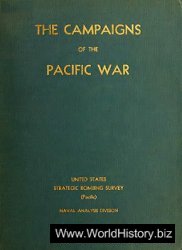The political, social, and economic reasons why Greek science was translated and adapted in Arabic have been examined and documented by D. Gutas in his Greek Thought, Arabic Culture. On one hand, the Islamic Empire was in need of science and techniques to assure its power and to subsequently overthrow the Byzantine Empire’s claim to incarnating the Greek legacy. On the other hand, it was in the political and economic interest of all ancient, more learned, denominational elites living within the new Islamic Empire’s frontiers to provide these sciences. They thus hoped to keep their previous influential positions. And since philosophy was conceived of as ‘‘the science of sciences,’’ this may explain the efforts exerted to make it available in Arabic. The fact that ultimately the interests of Pagans and Christians involved in this endeavor socially converged is undeniable. This convergence is exemplarily embodied in the collaboration between the two most skillful and prolific scientists and translators of the ninth century, namely the Christian Hunayn b. Isltaq (809 to c. 873) and the Pagan Thabit b. (Qurra (836-901). But from this undeniable convergence of interests, one ought not to infer that their motivations were even remotely identical. Thabit wrote he yearned for the triumph of intellectual Syriac Hellenic Paganism over Christianity - thanks to or through Islam, one cannot be sure - while Hunayn wished to create the conditions for a modus vivendi founded on rational, Aristotelian grounds. Whatever their motivation, Greek philosophy found its way into Arabic-Islamic civilization and contributed to shaping Islamic theology, especially in the post-Avicennian tradition (Wisnovsky 2004).




 World History
World History









